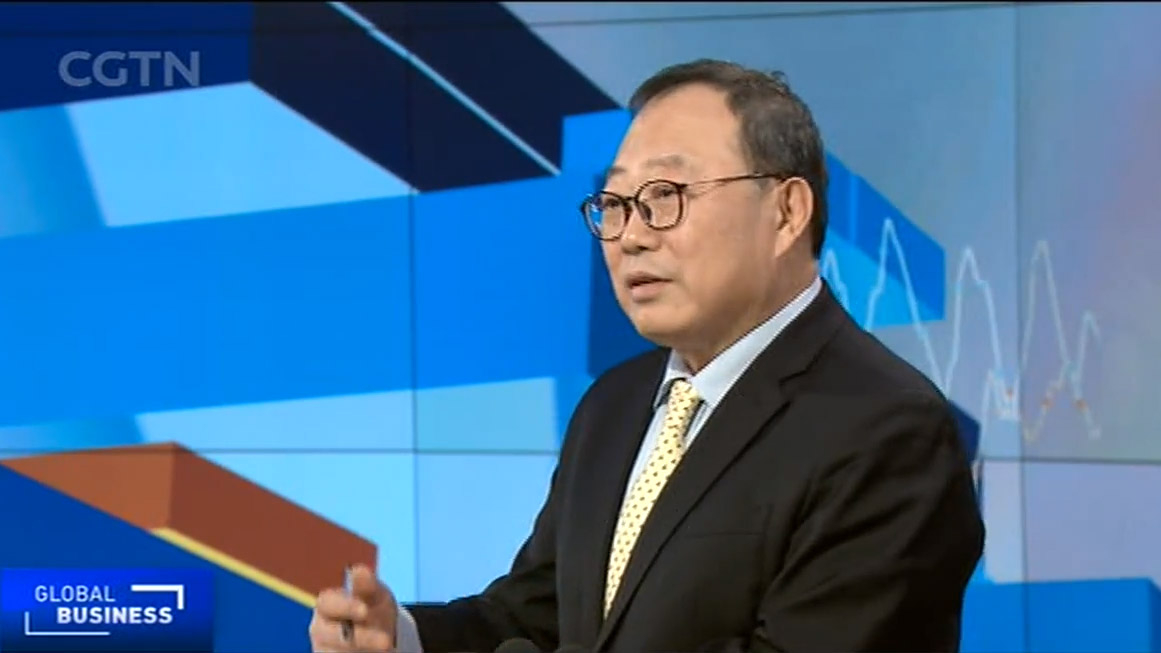06:01

The Chinese government would need to consider implementing further fiscal and monetary policies to tackle a slower-than-usual economic growth heading into 2020, according to the China Association of International Trade.
China's central bank on Saturday announced that the loan prime rate (LPR) will be the new benchmark for pricing existing floating-rate loans, a move that is said to lower borrowing costs and support the real economy. The move came less than a week after Premier Li Keqiang said China would cut banks' reserve requirement ratios again to help small businesses, the latest among a slew of measures in the past year.
"We have to take into consideration the economic prospects next year. Generally the consensus is that (China) probably will face some sort of headwinds in terms of economic development," Li Yong, senior fellow with the China Association of International Trade, said.
"In this situation, I think the government should consider both fiscal and monetary policies to ensure the country develops on a stable basis," said Li.

Li Yong from China Association of International Trade. /CGTN Photo
Li Yong from China Association of International Trade. /CGTN Photo
China grew 6.6 percent in 2018. Analysts expect China's economic growth to remain around 6 percent for the year, continuing a years-long slowdown. Premier Li had admitted it was "very difficult" for China's economy to grow at a rate of 6 percent.
Analysts believe that the Chinese government is likely to make further cuts to the reserve ratio rate (RRR), the amount of cash that banks must hold as reserves, as further stimulus in 2020, an expectation that Li concurred with. "Currently there is a chance that the central bank will cut the RRR," he said.
Furthermore, Li added that the government should step up efforts to reduce burden on enterprises and implement tax cuts.
"Then there's infrastructure plans, which if implemented will be very effective in terms of boosting the real economy and economic growth," said Li, referring to infrastructure approvals by the National Development and Reform Commission (NDRC). The NDRC approved eight fixed-asset investment projects last month worth a combined 7.1 billion yuan.
(CGTN's Michelle Van den Bergh and Zheng Junfeng contributed to this story)